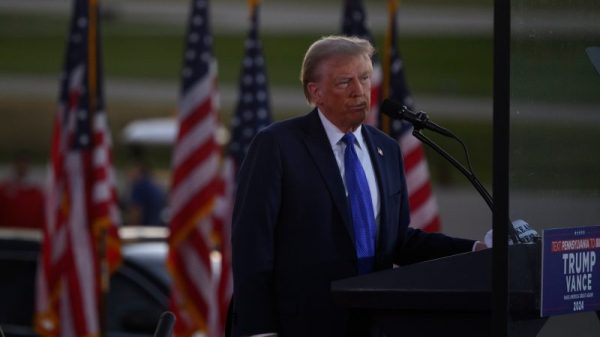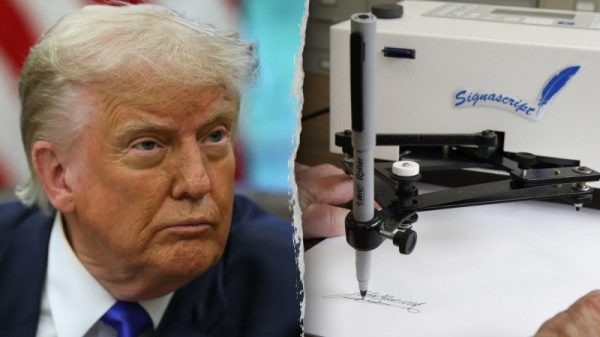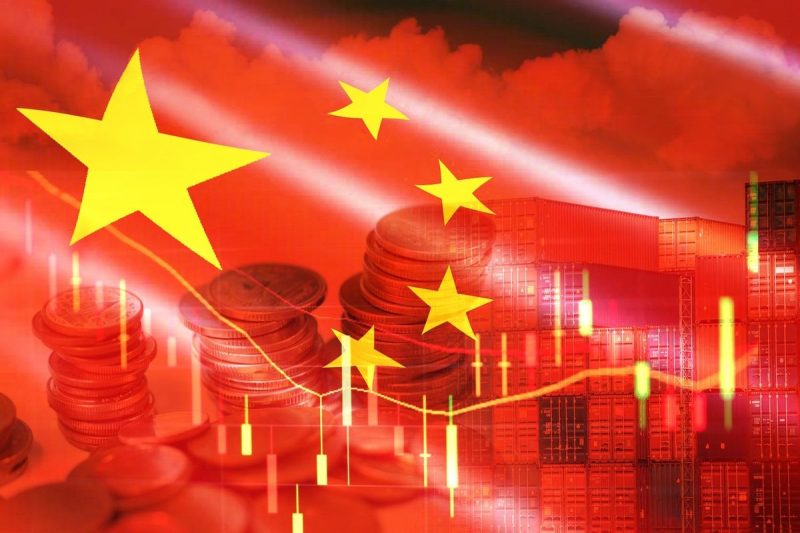China has set new US export restrictions on essential minerals, including gallium, germanium and antimony.
The measures, announced on Tuesday (December 3) are seen as a direct response to US export controls aimed at limiting China’s access to advanced semiconductor technology. Citing national security concerns, the US recently expanded its list of companies subject to export controls to include 140 Chinese entities connected to semiconductor development.
China’s Ministry of Foreign Affairs has criticized the US measures as excessive, saying they undermine global trade norms.
Speaking after China’s retaliatory ban was made public, spokesperson Lin Jian said the Asian nation will take ‘resolute measures’ to safeguard the interests of its companies, framing the export curbs as necessary to protect national security and counteract what it considers the malicious suppression of its technological progress.
The Chinese Ministry of Commerce said the export of the affected minerals, which are critical to the production of semiconductors, electric vehicles and other high-tech applications, will now require specific approval.
Gallium and germanium are indispensable for the production of semiconductors used in mobile devices, solar panels and military applications. Antimony is utilized in flame retardants, batteries and certain weapons systems.
Graphite is also mentioned in the ministry’s order, with stricter reviews of end usage needed for items sent to the US.
China is the leading global supplier of these materials, dominating their production and export markets.
China’s restrictions seen as retaliatory
China’s decision intensifies a series of tit-for-tat actions between itself and the US.
In mid-2023, China imposed licensing requirements for exporting gallium and germanium. US companies rely heavily on these minerals, with about half of the country’s gallium and germanium imports originating from China.
This past August, China announced new export restrictions on antimony, effective in mid-September.
The new US measures include controls on chip-making equipment, software tools and high-bandwidth memory chips — all aimed at curtailing China’s ability to develop advanced technologies with military applications.
The Chinese government has labeled these actions as an abuse of national security considerations. Both sides justify their respective controls as necessary for safeguarding national security.
Supply chain resiliency in focus
Analysts anticipate that China’s critical minerals export ban will push businesses in the US to accelerate efforts to diversify their supply chains and explore alternative sources for these materials.
The semiconductor, automotive and renewable energy sectors are expected to be most directly impacted.
The US Geological Survey notes that while the US holds deposits of these critical minerals, domestic mining and production have been limited. Efforts to develop local sources are underway, but remain in the early stages.
Ongoing tensions between the US and China have already influenced market dynamics, with prices for some minerals, including antimony, more than doubling this year.
The US Department of Commerce has yet to issue a detailed response. However, previous statements highlight the Biden administration’s focus on securing supply chains for critical minerals.
Recent initiatives, including the CHIPS and Science Act, aim to bolster domestic manufacturing capacity and reduce reliance on foreign suppliers.
Securities Disclosure: I, Giann Liguid, hold no direct investment interest in any company mentioned in this article.







































